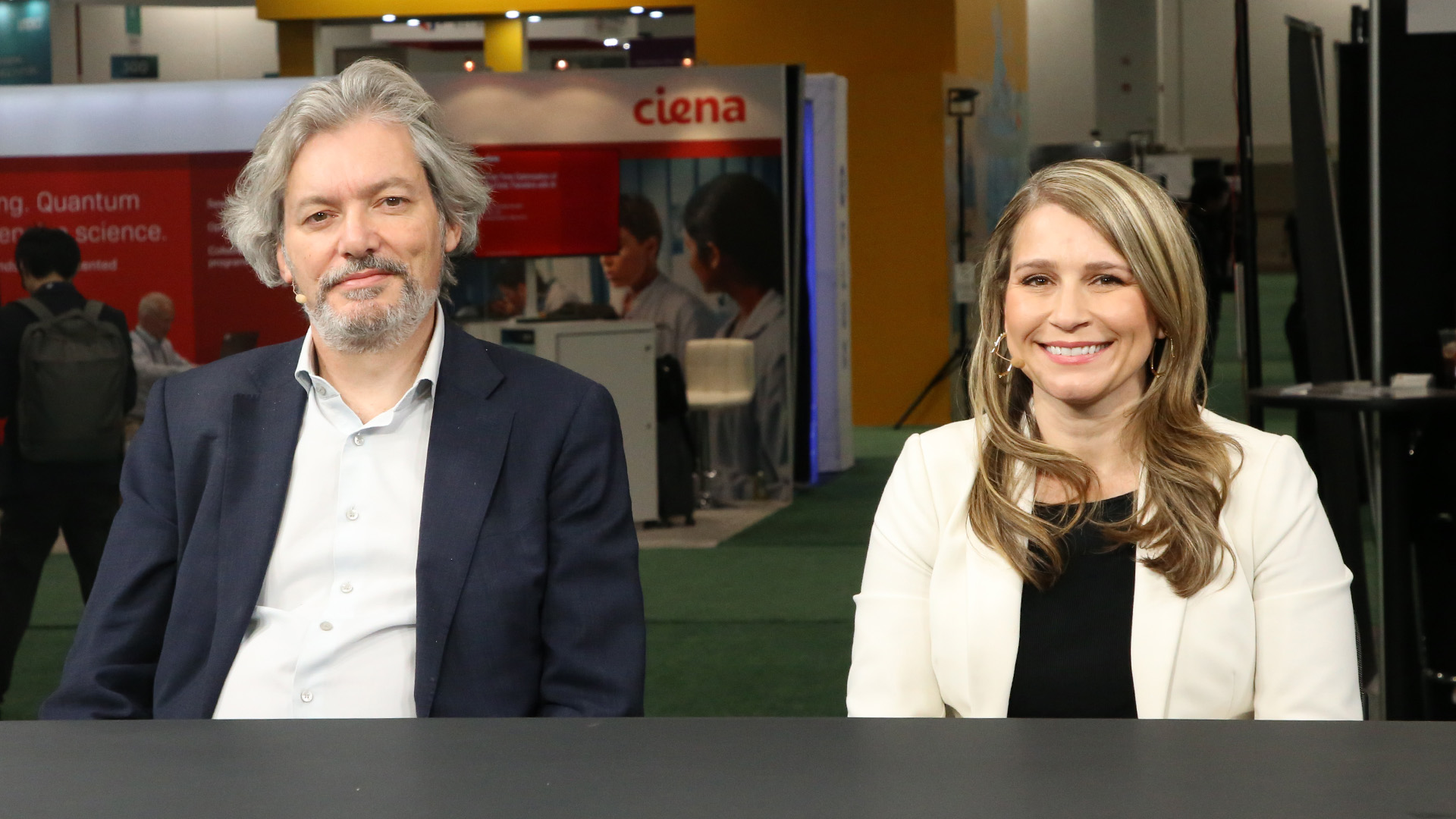 AI
AI
 AI
AI
 AI
AI
The future of supercomputing looks promising, with exciting developments on the horizon, especially as the enterprise and academia strive for constant innovation.
Attendees at this week’s SC23 event discussed the latest advancements in supercomputing and the cutting-edge convergence of artificial intelligence, simulations and liquid cooling.
“I think coming to an event like this and seeing the future of technologies and then … when you can actually see it, touch it, feel it, it resonates in different ways,” said Andrea Booker (pictured, right), director of product management for PowerEdge Servers at Dell Technologies Inc. “Then it also is enormous in terms of brainstorming and idea generating.”
Booker was joined by Paul Calleja (left), director of research computing at the University of Cambridge, as they spoke with theCUBE industry analysts Savannah Peterson and David Nicholson at SC23, during an exclusive broadcast on theCUBE, SiliconANGLE Media’s livestreaming studio. They discussed the transformation of supercomputing, the possibilities that lie ahead at the crossroads of technology and research, and how Dell and the University of Cambridge are working together to develop solutions to significant global challenges. (* Disclosure below.)
The partnership between Dell and the University of Cambridge, spanning 17 years, exemplifies the collaborative spirit that has fueled evolution.
There has been a shift from theoretical discussions to practical implementations, where liquid-cooling technology plays a pivotal role in optimizing thermal performance, according to Booker. This historical perspective serves as a valuable reminder of how far the supercomputing industry has come.
“Last year we used SC22 for our huge launch of our XE portfolio,” Booker said. “We were focused on a couple of key things, one being versatility and vendor diversity within our products. The other being able to meet customers where they’re at in regards to thermal from a liquid and air-cooling solutions.”
Dell’s liquid-cooled Intel Ponte Vecchio variant system found a home at the University of Cambridge. The system, designed as a converged AI and simulation platform, boasts impressive capabilities, including being the fastest AI system in the U.K. with 20 petaflops of processing power, according to Calleja.
“[Dell’s PowerEdge XE9640] is designed to kind of be a converged AI and simulation platform,” he said. “We’ve been working with Dell for a long time to get to that stage in co-design in the box. Working with inside in the software environment … there’s a lot of applications already that we can put on that system that are going to make some real impact.”
What makes this collaboration truly groundbreaking is the synergy between AI and simulations. AI is used to inform and enhance simulations, reducing the computational cost of solving complex problems, Calleja explained. The integration of liquid-cooling technology ensures that these high-performance systems can operate efficiently and reliably, even in demanding environments.
“One of the key focuses we have is early engagement with strategic partners,” Booker said. “When we can have the early feedback … we can get live feedback that can influence the design to make sure it’s exactly designed for what our customer needs.”
Looking into the future, the intersection of AI, simulation and liquid cooling opens new horizons for scientific research and problem-solving. Whether it’s advancing energy technology or pushing the boundaries of climate science, the supercomputing community is poised to make significant contributions to the overall understanding of the world, according to Calleja.
“This is the first of a series of AI-focused machines in the U.K., and we are targeting it at three kinds of science use cases to begin with,” he said. “I think the first one is the fusion community in the U.K. [The] second domain is pushing AI into clinical medicine. The third domain is climate science.”
Here’s the complete video interview, part of SiliconANGLE’s and theCUBE’s coverage of SC23:
(* Disclosure: TheCUBE is a paid media partner for SC23. Neither Dell Technologies Inc., the main sponsor of theCUBE’s event coverage, nor other sponsors have editorial control over content on theCUBE or SiliconANGLE.)
THANK YOU